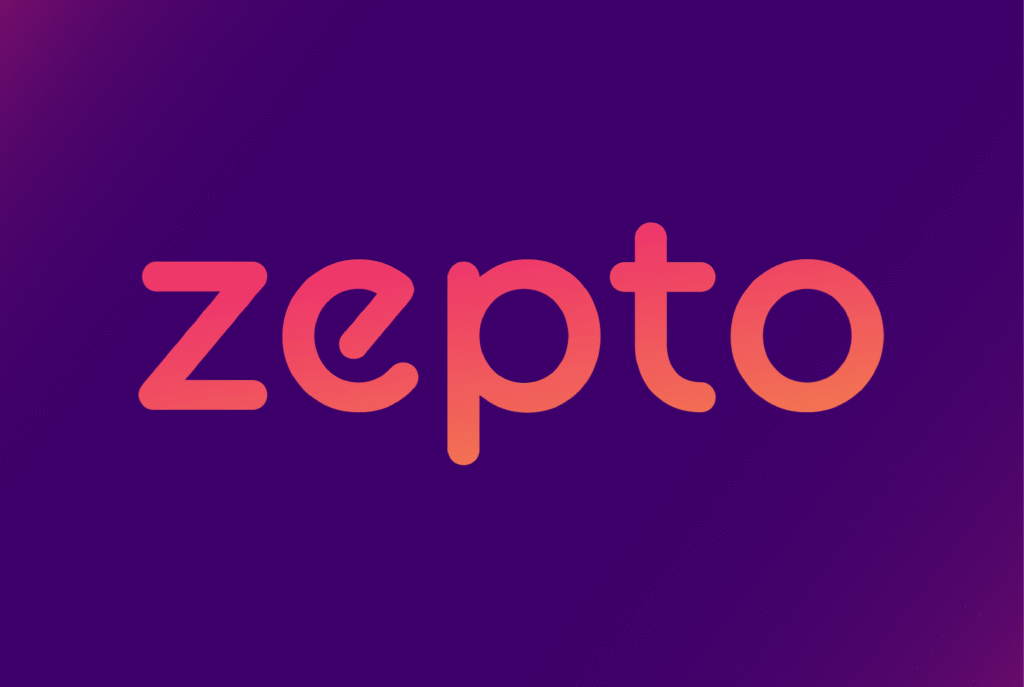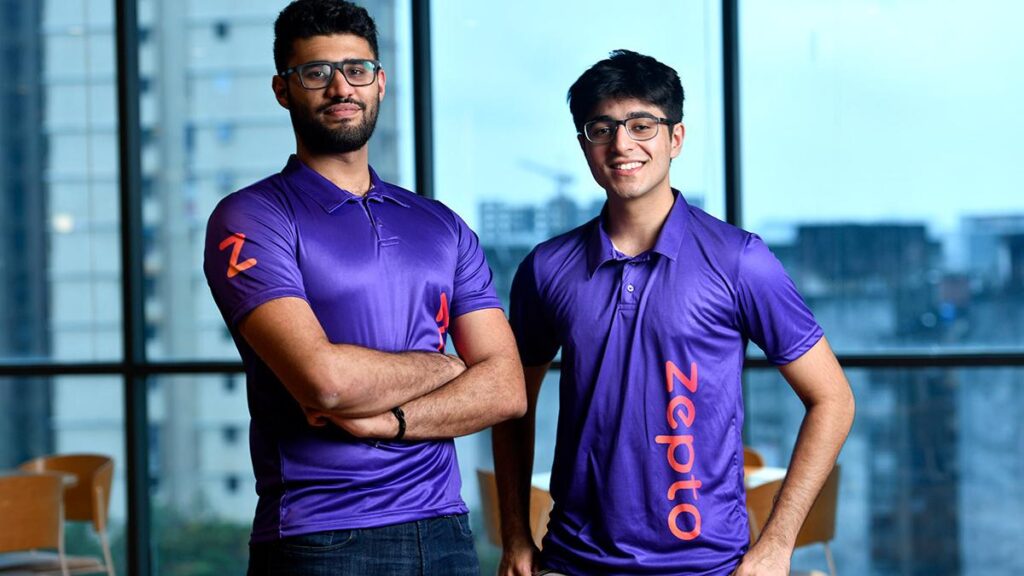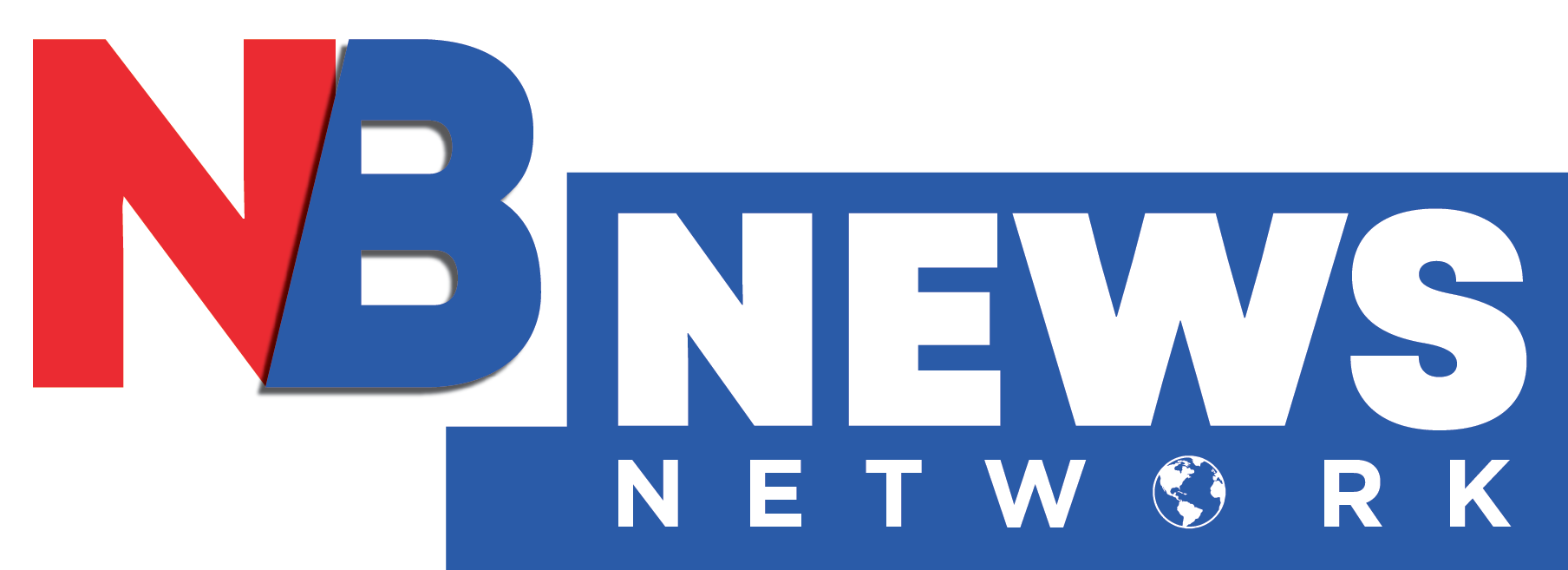The need for intelligent apps is growing digitally faster than ever before. We all purchase groceries to meet our daily food demands. You don’t need to go to the market to get your daily necessities because all you need is an app on your Android phone to have all of your grocery orders delivered to your cozy couch. You may now get your groceries with only a few touches on your smartphone.
In the supermarket delivery industry, businesses are trying to cut down on delivery times. Zepto is competing with firms from around the world, including Gorillas, JOKR, Swiggy, Instamart, and Blinkit, with the main objective of cutting delivery times and moving supplies in ten to fifteen minutes.
Not just another supermarket delivery app, Zepto is a platform that promises 10-minute food deliveries and was created to transform grocery delivery and sales. Thanks to Zepto’s 10-minute e-grocery delivery software, users can easily buy over 25,000 products and have them delivered right to their home.

About the company
A Mumbai-based business called Zepto provides a 10-minute grocery delivery service. Zepto was founded by Aadit Palicha and Kaivalya Vohra to offer clients incredibly quick shopping delivery.
Zepto is praised for its expertise in delivering food before the year ends. In 2021, it generated over one million deliveries by collaborating with over 86 dark store operators across 13 different regions. Zepto uses its network of “cloud shops” or micro-warehouses to quickly fulfill orders.
With more than 1000 employees spread across several cities, Zepto delivers more than 25,000 items—including fresh produce, everyday necessities, health products, and more—in less than ten minutes. The business is revolutionizing the Indian grocery market by leveraging cutting-edge technology and well-located delivery facilities. Zepto’s creative strategy places it as a leader in the grocery delivery industry, taking advantage of the rising need for quicker delivery services in India as a result of the increasing growth of commerce.
About the Industry
The Indian online grocery market reached a valuation of $6.8 billion in 2022, according to IMARC Group’s analysis. It is estimated that the market would increase significantly in the future, reaching $37.0 billion by 2028. From 2023 to 2028, this growth trajectory shows an impressive compound annual growth rate (CAGR) of 31.3%.
Growing urbanization, changing consumer habits, and a tech-savvy generation that favors online shopping have all contributed to the sector’s increased predominance in recent years.
RedSeer predicts that by 2025, the fast commerce market in India will have grown by 10–15 times and reached a size of around $5.5 billion. It is anticipated that this significant expansion would outpace other markets, such as China, in terms of rapid adoption of commerce.
Instead of going to the local stores to buy groceries, customers are turning to personalized and convenient online platforms as their daily schedules get more hectic and their standard of living rises.
The appeal of internet grocery delivery became more apparent after the COVID-19 outbreak. Due to social distancing restrictions, people are increasingly shopping for groceries online, which is safer and more convenient.
Also check:- How Does MakeMyTrip Make Travels Easy? All about MakeMyTrip
About the founder and the team
After leaving Stanford University’s esteemed computer science department to return home to India and launch a business, 19-year-old childhood friends Aadit Palicha and Kaivalya Vohra created Zepto. In April 2021, the Zepto firm started up.
Kaivalya Vohra
Zepto’s CTO and co-founder is Kaivalya Vohra. In addition, he founded KiranaKart and served as its CTO. Similar to Aadit, he chose to quit Stanford University after pursuing a degree in computer science there. Together with Aadit, Kaivalya took part in Y Combinator.
Aadit Palicha
Zepto’s co-founder and CEO is Aadit Palicha. In addition, he founded KiranaKart and served as its CEO. Palicha pursued a Bachelor of Science in Computer Science at Stanford University after earning an IB diploma from GEMS Education in Mathematics and Computer Science, but he left the school midway to start his own business. After completing Y Combinator Grade: W21, Aadit began working as a Project Lead for PryvaSee. At the age of 17, Aadit Palicha went on to launch his first company, GoPool. In April 2020, he departed to start KiranaKart and later Zepto.

Vision and Mission
The creators concentrated their apps on grocery delivery since, as two bachelors living alone, they found it most difficult to get food. Therefore, Zepto wants to reduce delivery times, whereas KiranaKart, their first firm, attempted to make grocery delivery easier for Kiranas.
Revenue & Business model
Up to 90% of orders are delivered by Zepto in ten minutes via a network of mini-warehouses and dark storefronts. Zepto operates in India’s fast commerce market. It is based on the instant service paradigm and is intended to be customer-centric.
According to Aadit, their average delivery time is 8 minutes and 47 seconds in order to provide a faultless delivery experience. The Mumbai-based startup uses a hotspot approach to primarily serve digital purchases through a network of dark storefronts or retail distribution centers.
Customers who cannot go to a dark store have to buy online in order to receive packages at their doorstep. Though the idea of dark stores is not new in the Indian marketplace, Aadit believes it hasn’t been explored to its potential. Zepto optimizes its connection using a range of geographic information and local knowledge such as population, traffic patterns, geography, road layout, weather, last-mile operational optimization, and real estate prices. Furthermore, the startup’s dark warehouses and cool rooms are specifically designed to fulfill certain requirements such as portability, which allows packers to work as fast as they can to finish orders.
Zepto states that it can optimize its network with the help of location intelligence and geography data such as terrain, population, road topology, traffic patterns, weather, last-mile supply availability, real estate prices, and so on.
About the Investors & Funding
In August 2023, Mumbai-based rapid commerce unicorn Zepto turned unicorn by raising $200 million in a Series E round of fundraising, taking its valuation to $1.4 billion. This ended the 11-month unicorn dry spell in India. The StepStone Group led the Series E round, with Goodwater Capital and existing investors participating.
Zepto also picked up $665 million in June 2024, valuing the company at $3.6 billion. Zepto picked up $340 million in Series G fundraising on August 30, 2024, a few months later, taking its valuation to $5 billion. General Catalyst led the Series G round, and new investors Dragon Fund and Epiq Capital were added. Firm confidence in Zepto’s growth prospect was shown by the rise in investments from existing investors StepStone, Lightspeed, DST, and Contrary.
On a flat valuation of $5 billion, Zepto raised another $350 million in November 2024 from a team of local investors headed by the private wealth business of Motilal Oswal. Zepto has already raised $2 billion of total finance.
Also check:- Discover Hidden Places in India: Offbeat Gems Worth Exploring
Challenges Encountered
Zepto has been having quite a few challenges recently, one of which involved investors and founders having been found to have conducted themselves inappropriately within the company that offers rapid commerce delivery. Ansh Nanda, one of the company’s alleged co-founders, stated that Nexus Ventures and the other co-founders coerced him into selling his stake in the firm. Nanda sought this by registering an official complaint against Zepto’s co-founders and Suvir Sujan, a partner at Nexus Ventures. However, the co-founders promptly approached the Delhi High Court in turn regarding the same. The third business Nexus has backed is Zepto, and it has one of its co-founders named in a formal complaint. Two other companies that have struggled with the same issue are Acko and YoloBus.

Zepto Future Plans
Today, Zepto operates in Bengaluru, Mumbai, Delhi, Gurugram, Noida, Ghaziabad, Hyderabad, Chennai, Pune, and Kolkata, among other key Indian cities. Keeping profitability in its sights, the company has grand plans to expand its delivery network and add more dark stores.
Zepto has picked up pace in shop expansion, increasing its target from 700 to 1,200 shops by March 2025. The company stands at over 650 operational shops as of January 2025, further cementing its place in the rapid commerce segment.
Zepto Café, the food and beverage business of the company, which currently operates in 15% of its dark stores, is a new large driver pushing Zepto’s growth. Zepto Café is expanding rapidly, adding over 100 stores every month, and is on track to reach an INR 1,000 crore revenue run rate by FY26, with a projected ARR of INR 160 crores.
During the fourth quarter of FY26, the firm forecasts gross sales of $5.5 billion, with a target of having positive EBITDA (excluding ESOPs).

